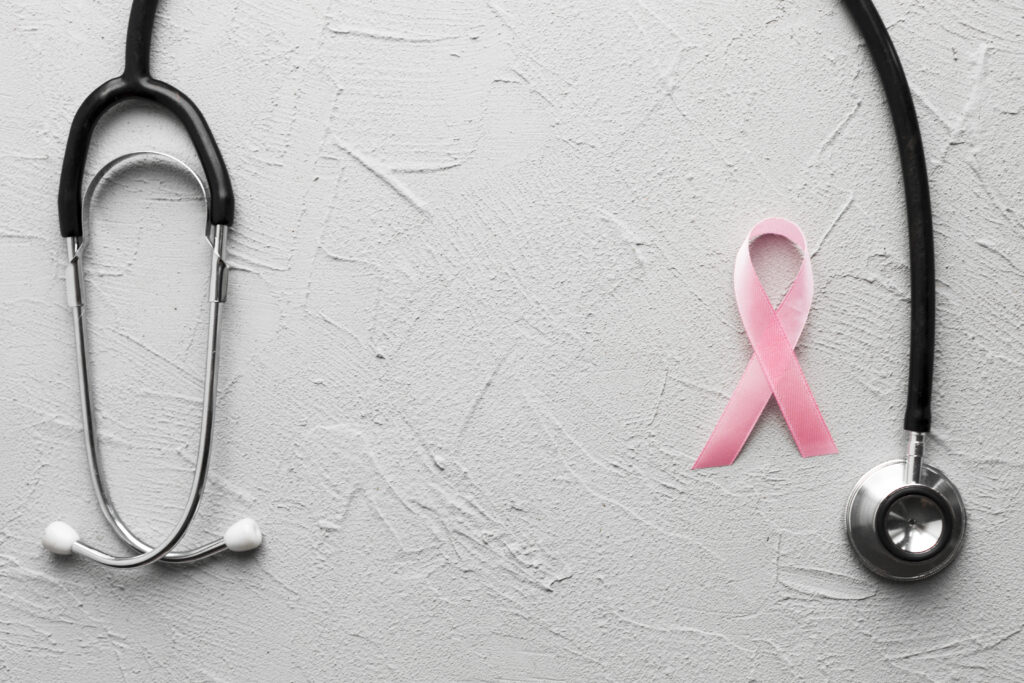AI blood test for breast cancer enters Australian clinics
A new blood test for breast cancer uses AI to analyse biomarkers and is now in clinics across Australia.

Scientists at UNSW Sydney are developing Australia’s first commercial lipid-based blood test for breast cancer, powered by AI. The tool is already in clinical use and promises non-invasive detection of early-stage tumours through biomarkers in the bloodstream.
Led by Associate Professor Fatemeh Vafaee, the Vafaee Lab is also exploring blood-based detection for cancers of the lung, liver and brain. ‘The current detection methods rely heavily on imaging and tissue biopsies, which often miss the full tumour picture,’ says Vafaee.
She explains that tumours consist of many cell types, so biopsy samples may not reflect their complete complexity. AI-driven blood tests offer a less invasive way to detect cancer early — potentially before symptoms or imaging can identify it.
‘Blood communicates constantly with tumours, releasing signals like DNA, RNA and metabolites into the system,’ says Vafaee. By training AI to read these signals, her lab aims to detect cancer months or years before it becomes visible in scans.
The technology also allows doctors to monitor disease progression and treatment responses in real time through regular blood sampling. AI plays a critical role in sorting through millions of molecular data points to identify patterns that indicate cancer.
‘It’s like finding a needle in a haystack,’ says Vafaee. ‘We use advanced algorithms to make sense of extremely complex datasets.’ Unlike black-box models, the lab’s explainable AI framework ensures predictions are both accurate and clinically interpretable.
That approach helps build trust among healthcare professionals and makes AI decisions more transparent during clinical care. The Vafaee Lab takes a holistic approach, integrating data from images, medical records and molecular sources.
In partnership with another biotech company from Australia, BCAL Diagnostics, the team has developed a blood test that now supports breast cancer detection in clinics. Launched in March 2025, the test is already in use across breast screening centres in Sydney and Melbourne.
It has shown particular promise in detecting cancers in women with dense breast tissue, where imaging often fails. The team is part of both national and global efforts to integrate AI blood testing into formal breast screening programmes.
While scaling remains a challenge, the research is paving the way for broad adoption of AI-powered cancer diagnostics. Vafaee is now leading trials for multi-analyte blood tests that improve detection by combining various biomarkers.
These tests improve accuracy by using a mixture of proteins, RNAs and metabolites, rather than a single signal. Her lab is also developing tests using saliva and urine, expanding possibilities for non-invasive cancer diagnostics.
‘As AI models become more complex, we’re working to ensure they remain interpretable and useful for real-world medicine,’ she says. The aim is to not only detect cancer early but also improve quality of life for patients through personalised treatment insights.
Would you like to learn more about AI, tech and digital diplomacy? If so, ask our Diplo chatbot!
